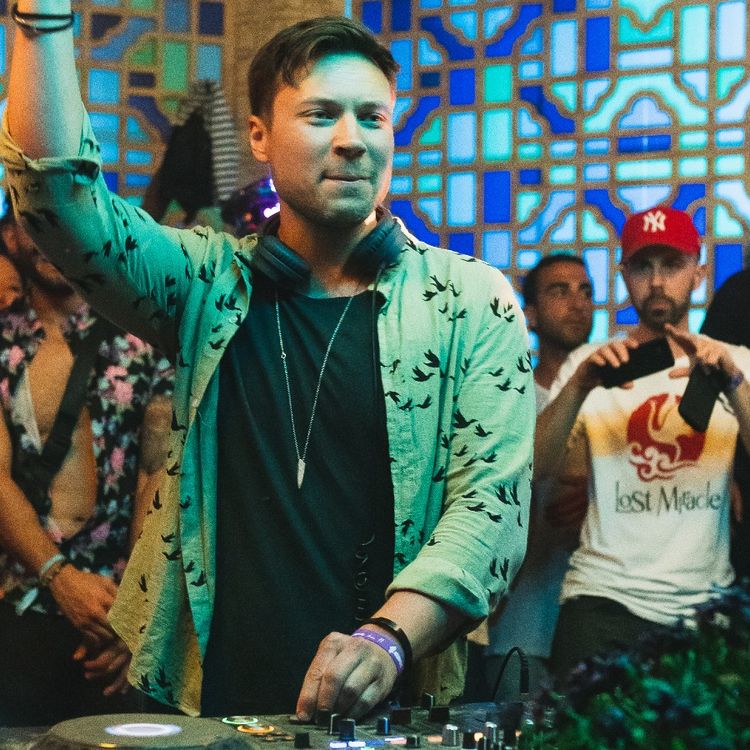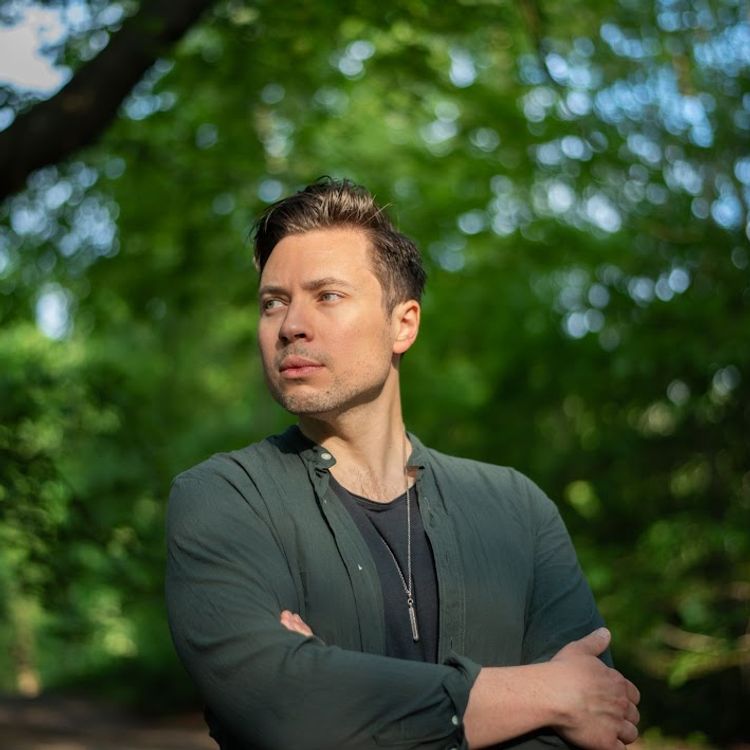Tim Green Says Helping Solve Other Artists’ Problems Made Him a Better Producer
In March 2020, Tim Green found himself facing a new horizon. With touring effectively on pause due to COVID, he had to pivot his creative energy. He turned his focus back to his early love of guitar, bridging together his past and present through a unique outlet as a session consultant.
This, he says, transformed his songwriting capabilities, and made him a more skilled producer. “When I’m doing sound consultation, anyone can come to me and ask for help or feedback on their track,” he explained during his Gray Area Spotlight interview. “I would even write melodies with them or teach them how I write melodies—anything they wanted to do."
The unique situation allowed musicians to interface with Green in a way he hadn’t experienced before. By connecting with other artists and problem solving together, Green found himself making new connections and bringing that shared knowledge back into his own work.
“It makes me a better producer because I have to be challenged by other people's problems,” he said. “It's so much easier to do that with someone else when you're not the one to give critical feedback on your own music. It’s helped me learn to criticize and evaluate other people's music. It’s been easier now to sort of feed that back into my music, evolve my music, and constructively try and make it better in some way.”
Applying these tools to his own craft required practice; he refers to this as “building the muscle of making music” pointing out that “electronic music is mostly problem solving.” Green explained: “You start to play around with sounds and ideas and you put them together. You're always faced with problems and how to do the next step.”
“It’s those kinds of creative processes that are the most important thing, and really hard for people to do,” he continued. “They’re tools. It becomes easier when you've been working on other people's music for a long time and trying to help them with their problems. You can quite easily then be a bit more objective about your own music.”













